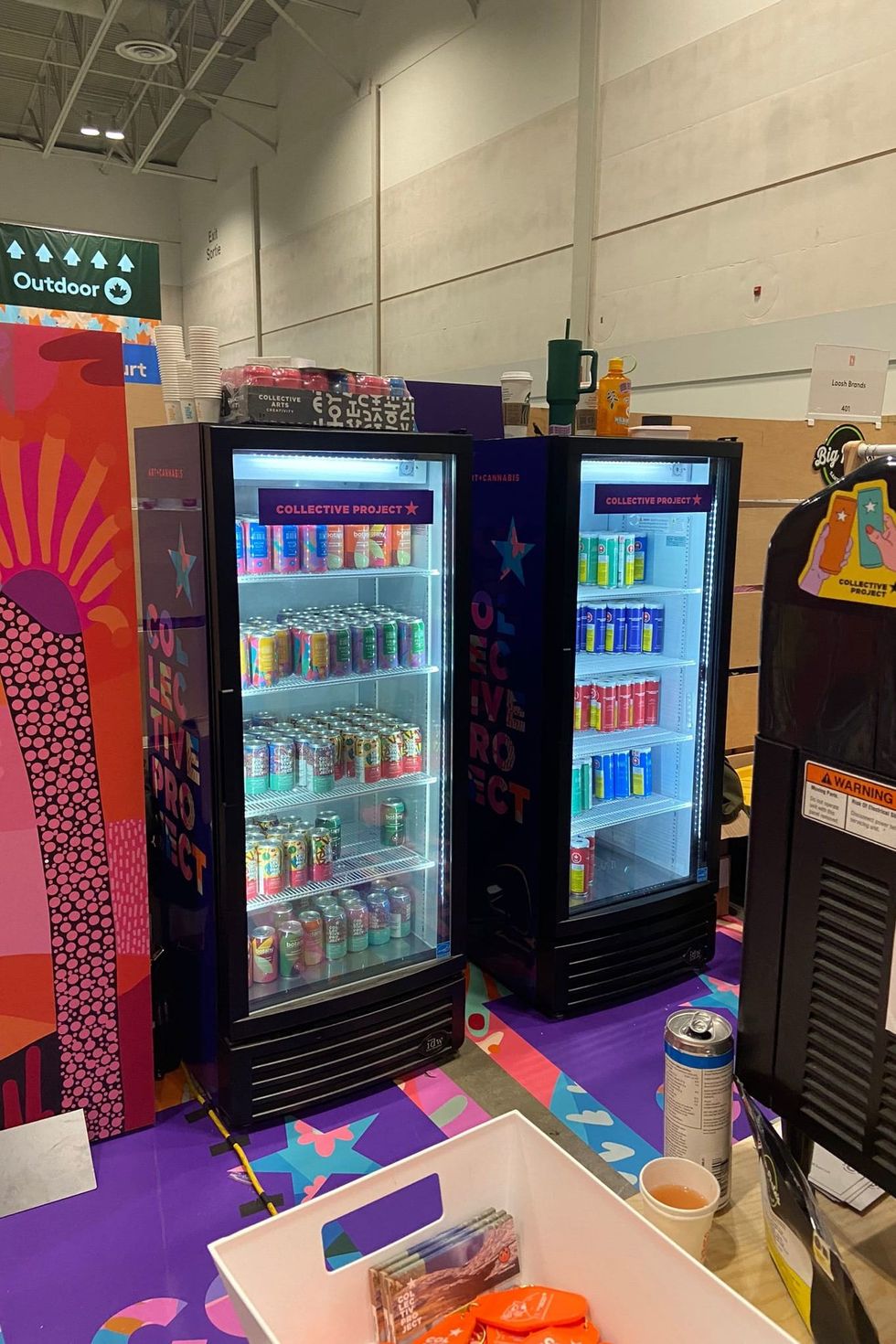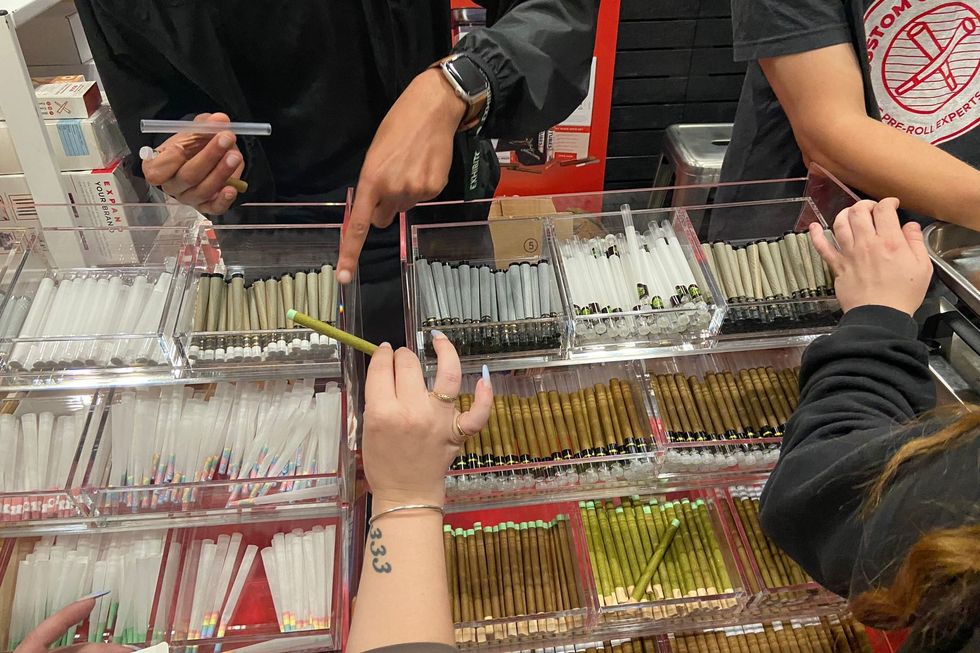On May 17, 2021, an armored van was headed from Colorado to Kansas City, Missouri, travelling that long, boring stretch of I-70 across Kansas.
Boredom gave way to flashing lights in the rearview mirror when the driver was pulled over by Dickinson County Sheriff's Deputy Kalen Robison.
As reported by the Topeka Capital-Journal, the driver informed Robison she was a Denver-based employee of Empyreal Logistics, a cash management company headquartered in Pennsylvania. She was headed to KCMO to transport cannabis dispensary cash back to a credit union in Colorado.
According to the affidavit penned by Kansas-based DEA Special Agent Bryson Wheeler, the driver was released and subsequently surveilled “stopping at and entering multiple state marijuana dispensaries” on the Missouri side of Kansas City.
On May 18, during her trip back to Colorado, the Empyreal driver was pulled over again by Robison. The driver informed Robison that the nearly $166,000 in cash was from multiple dispensaries in Missouri, where medical cannabis is legal.
The five bags of cash were seized, and apparently a drug dog was later “alerted to the odor of marijuana coming from the currency,” wrote Special Agent Wheeler, adding that “marijuana is a controlled substance and illegal under both federal and Kansas state law.”
Now, Empyreal Logistics is asking a federal court to return the money.
Federal Judge to Decide on the Case
Lawyers for Empyreal Logistics dispute the drug trafficking claims. According to court records, they wrote:
“Plaintiff's claims should be barred as the conduct which generated the Defendant property was lawful under Missouri state law and tacitly or affirmatively allowed by the action of the United States Federal Government.”
This argument aligns with Attorney General Merrick Garland’s view that low-level cannabis enforcement is not an effective use of federal resources.
Treating Legal Cannabis Operators Like Criminals
While banking options have become more robust for cannabis operators over the past five years, there are still a lot of legal hurdles and limitations.
“The banking issue and IRS code 280-E – which prevents cannabis businesses from deducting expenses except for cost of goods sold – go hand in hand as the two biggest things that hamper any plant-touching business from being profitable and running normally,” Mark Goldfogel told me during a 2020 interview.
Goldfolgel was one of the original architects behind the Fourth Corner Credit Union, spending 40 months in a battle with the Federal Reserve for the right to open a Master Account – a right they ultimately won.
As banks gradually tiptoe their way into cannabis, the current legal situation around banking has set cannabis operators up for potentially dangerous situations.
In this case, Missouri operators having to transport their cash to a credit union in Colorado.
You’d think if the desire was to have tighter control on cannabis operators, then they should have full access to banking and the transparency that comes with it rather than forcing them into cash-only situations, where it is easier to hide things from the IRS.
And why not hide what you can from the IRS when you’re not even allowed to deduct expenses?
When you treat these operators like criminals, Goldfolgel said, it only encourages stakeholders to occasionally hide what they are doing. It incentivizes some of them to break the law and act like criminals.
“Cannabis’s federal status is the root of all dysfunction in the industry,” he added.
Kansas Lawmakers Refuse to Get on the Right Side of History
Kansas is one of the remaining states to both adult use and medical use of cannabis.
In May 2021, the Kansas House passed medical cannabis for the first time, however the State Senate refused to get on board, despite the science, data, and history revealing the harms of prohibition and the medical benefits of Kansas.
Adding insult to injury, Kansas Senate President Ty Masterson later texted an idiotic, pun-filled message to an Associated Press reporter:
“The Senate is not real high on the issue at this point, we may roll it into a joint committee and see if we can weed out the issues.”
Meanwhile, Kansas residents continue to suffer without safe access so that the vested interest of prohibition may continue unhinged.
Need a little more Bluntness in your life? Sign Up for our newsletter to stay in the loop.















 Hall of Flowers Toronto 2023
Hall of Flowers Toronto 2023 Hall of Flowers Toronto 2023 - Collective Project Booth
Hall of Flowers Toronto 2023 - Collective Project Booth Hall of Flowers Toronto
Hall of Flowers Toronto
